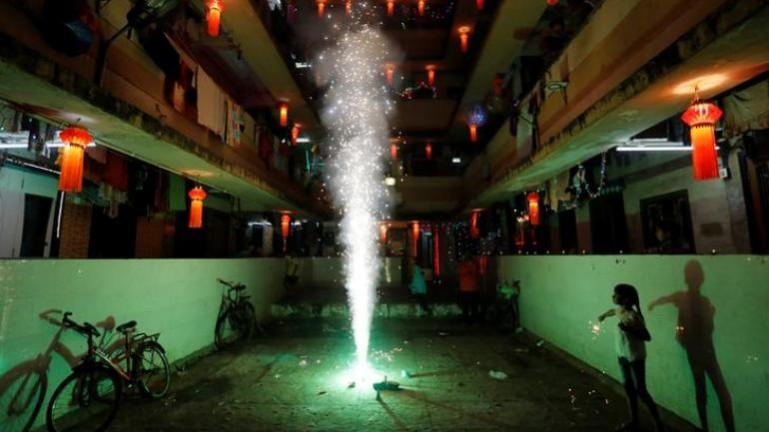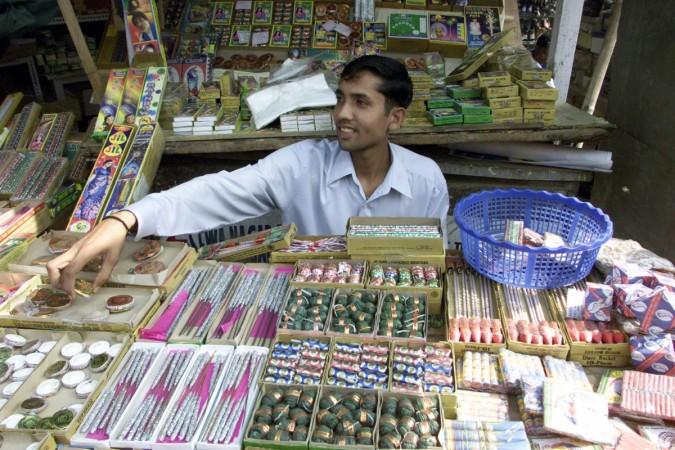
The Supreme Court on Tuesday, March 12, asked the Centre to give a comparative study on pollution caused by firecrackers and automobiles after observing that everyone was after a ban on firecrackers when automobiles seem to be the "bigger polluter".
"It seems people are running after firecrackers when vehicles are greater pollutants," a bench headed by Justice SA Bobde said while hearing a petition on the ban on firecrackers. However, the apex court expressed concern over unemployment caused after it put curbs on firecrackers. "Can't leave them hungry," the bench said.
"After all you can't generate unemployment. People can't be rendered jobless. Find out ways to deal with it. Since it is legal occupation, how can you cancel licence? Way out may be to change licencing conditions," the bench said.
Additional Solicitor General (ASG) Atmaram Nadkarni, a senior lawyer appearing for the Centre, told the court that the use of barium nitrate for crackers has been banned. Tests are being run to create a formula for green crackers.
The top court sought to know if there is any data to show what proportion of pollution is caused by firecrackers in proportion to vehicles. It asked the Centre to give a comparative study on pollution caused by firecrackers and automobiles. Tamil Nadu has said that top court's order banning the use of firecrackers had resulted in people losing their jobs.

The petitioners, including Arjun Gopal, told the court that there is no order from the court to stop manufacturing of crackers. Ahead of Diwali, the court had on October 23, last year refused to impose a blanket ban on cracker bursting with certain conditions, which included the use of only lesser pollution-causing 'green crackers'. The court had stated that people will only be allowed to burst bangers between 8 pm and 10 pm on the festival of Diwali.
The case will again be heard by the top court next on April 3.
(Inputs from agencies)

















